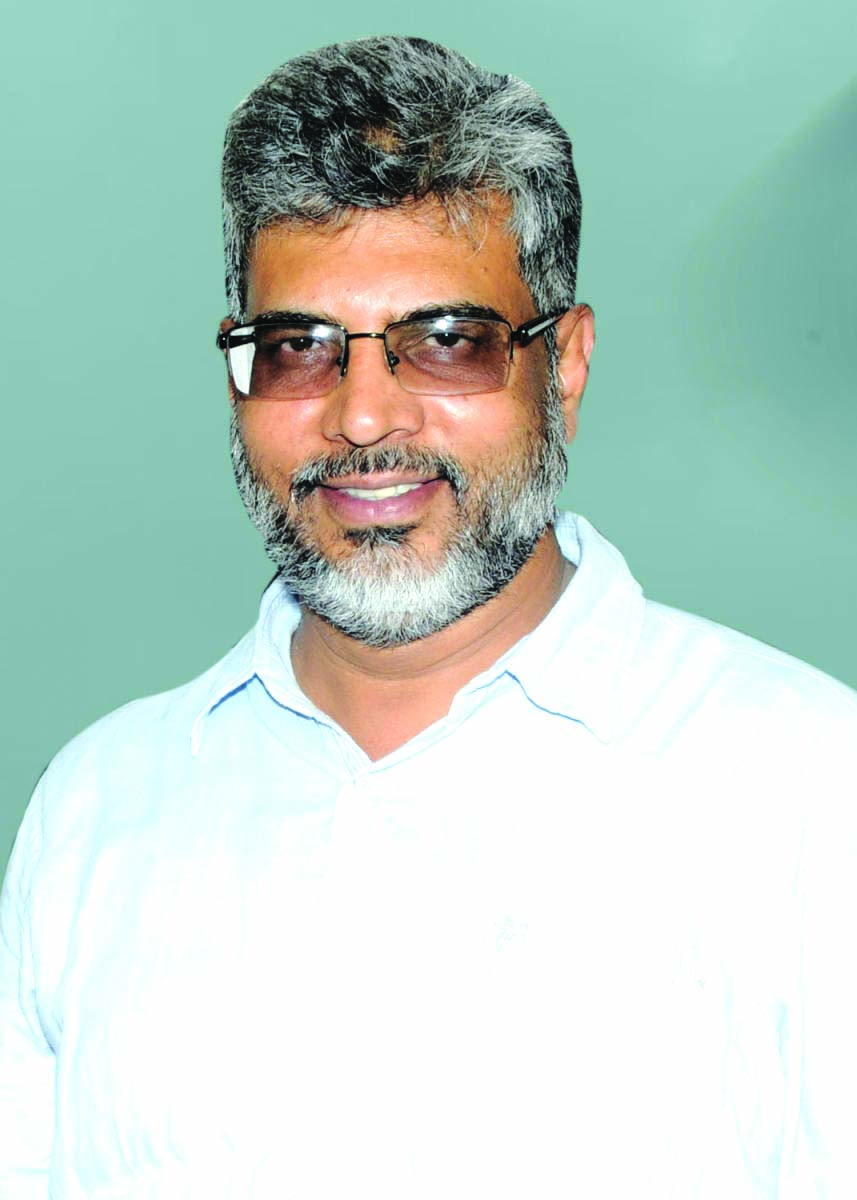Reshma Ravishanker (Bengaluru)

After 19 months of continuous lockdown and dithering over reopening of schools because of fear of Covid-19 contagion, on October 25 the state’s BJP government greenlighted commencement of in-person classes in all 73,238 government, aided and private schools of Karnataka with free mid-day meals for classes I-V children in government schools, beginning November 2. Earlier on August 23, the government had allowed reopening of on-campus schooling for classes IX and XII and for class VI onwards from September 6. Moreover, on November 8, all 66,361 government managed anganwadis and private preschools statewide also reopened.
However, even as on-campus in-class learning has been permitted, the state’s education ministry has made attendance optional with schools allowed to continue online learning. In addition, the government has issued detailed Covid safety SOPs (standard operating procedures) for school managements to make masking, 50 percent classroom attendance, parental consent letters and all teacher and staff vaccination, compulsory.
But with widespread fears about an imminent third wave of the pandemic, parental response has been lukewarm. Data released in early November by the Department of Public Instruction’s Student Attendance Tracking System indicates that average attendance in classes I-V is a mere 25 percent. In upper primaries (classes VI-VIII) attendance ranges from 31-36 percent with classes IX-X registering the highest — 38 percent — student attendance. As on November 3, over 65 percent of the state’s 17,416 private unaided schools had not started in-person schooling for classes I-V children.
With the majority of the state’s private unaided schools, in particular upscale CBSE/CISCE-affiliated schools having installed robust digital teaching-learning platforms and their parent communities able to provide children home learning infrastructure, private school managements report that parents are satisfied with the status quo and are especially hesitant to send primary school children given that vaccination of children has not yet started and a third post-Deepavali pandemic wave is imminent.
“Parents are hesitant about sending children to school as there is widespread apprehension that without vaccination children are susceptible to the virus, which is still very much out there. For instance, in my daughter’s school, out of 200 children enrolled in class VII only 20 attend daily. Parents and students have become accustomed to online schooling. The attendance is slightly better in high school as children have to write board exams, but parents are not yet willing to send youngest children to school,” says Rithu Dravid, parent representative of the Sophia High School, Bengaluru.
This reluctance of even well-educated, upscale households to resume in-person classes, which it’s now proven provide far better education is perplexing as worldover — especially in developed OECD countries — primary schools were the first to restart because it’s well established that youngest children are least susceptible to Covid-19 infection.
Niranjanaradhya V.P, senior fellow and programme head, Universalisation of Equitable Quality Education Programme at the National Law School of India University, Bengaluru, believes that it’s important for the state government to urgently engage with private schools and parents to address campus reopening challenges. “In-person schooling is essential for the all-round development of all children. Government must take proactive steps to initiate dialogue between the education ministry, parents and school managements to get on-campus classes going asap. There are many RTE s.12 (1) (c) quota children in private schools. They have already suffered severe learning loss because they couldn’t afford digital connectivity and devices at home for over 60 weeks. Further delay in restarting in-person classes will hit them hardest,” says Niranjanaradhya.
Meanwhile, with all the state’s 49,116 government schools having reopened from class I-X, teachers are grappling with the challenge of addressing huge learning loss suffered by children over the past 19 months.
The Annual Status of Education Report (ASER) Karnataka 2020 of the globally-reputed Pratham Education Foundation, says that children statewide have suffered massive loss of learning during the 60-week lockdown of schools. It reports that 56.8 percent of class I students surveyed could not recognise/read Kannada language alphabets (cf. 40 percent in 2018); only 34 percent of class V students could read a class II text (cf. 46 percent) and 42 percent of class I students could not recognise numbers from one to nine (cf. 30 percent).
Nevertheless, educationists statewide are relieved that the first step towards return to normalcy has been taken.
Also read: Karnataka: Offline attendance mandatory in some private schools























